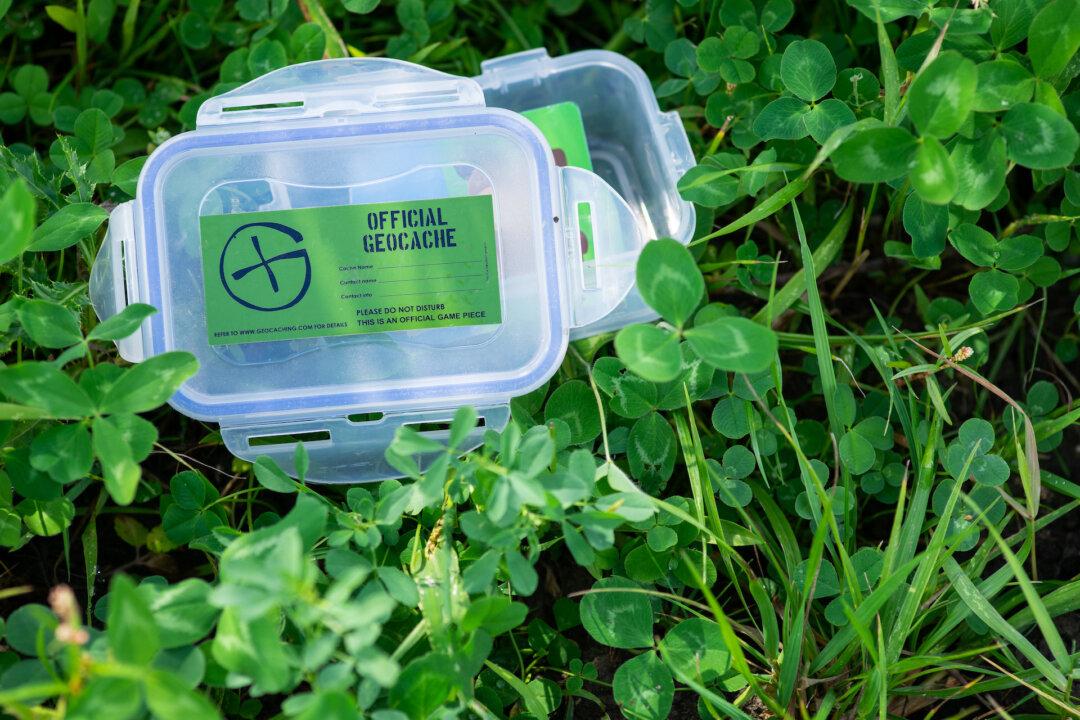By Myscha Theriault
From Tribune News Service
Looking for cheap ways to keep the kids entertained over school break? For travelers in the know, there’s a free vacation activity that’s hiding in plain sight.

Looking for cheap ways to keep the kids entertained over school break? For travelers in the know, there’s a free vacation activity that’s hiding in plain sight.